Can You Use a Screwdriver Instead of a Drill?
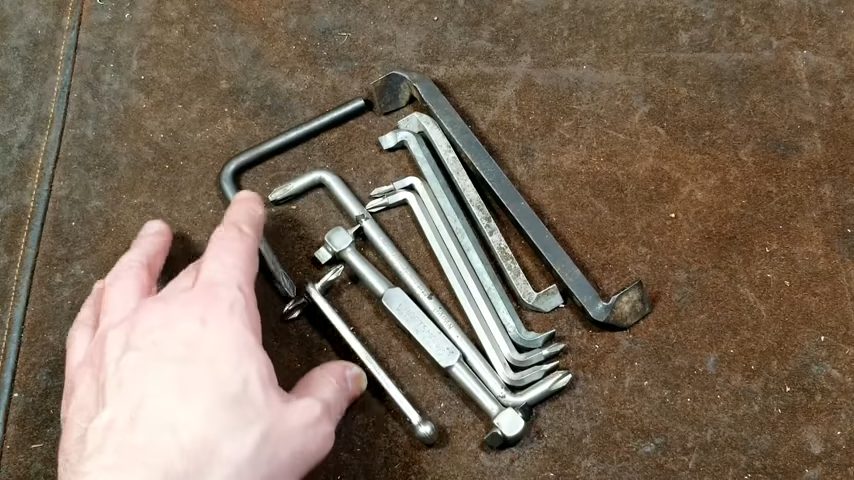
As a contractor, I do most home repairs with a drill. Can you, however, use a screwdriver instead of a drill?
In General, Yes, you can use a screwdriver instead of a drill when working with a material where the finish is critical; a drill may strip the screw, slip or drive a screw too deeply, cracking or warping the material’s surface.
I will cover more detail below.
Reasons You Should Use a Regular Screwdriver Instead of a Drill
If you can put in a screw with a drill and a screwdriver bit, you should do so most of the time, but there are times when you would want to use a screwdriver on its own:
- The screw is inserted into a pre-tapped (threaded) hole in metal, plastic, or soft material. Always start such screws by hand, if possible, to avoid cross-threading.
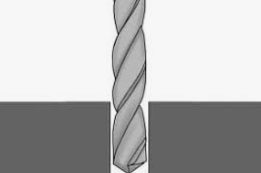
- Screwing screws into delicate assemblies such as eyeglasses, electronics, medical prosthetics, etc.
- A drill/driver is frequently insufficient when working in confined spaces. Screwdrivers come in various shapes and sizes for such occasions, including flexible, stubby, right-angle, and so on.
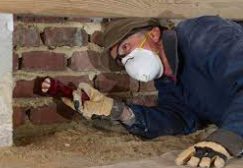
- When your environment is likely to harm an electric device (for example, working in the rain, mud, or a very dusty environment).

- When working with a material where the finish is critical, a driver may strip the screw interface, slip and mar the object being screwed, or drive a screw too deeply, cracking or warping the material’s surface.
- When it comes to slot-head screws, these are notoriously difficult to drive with a drill because the bit slips out of the slot far too easily.
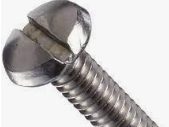
- When precise torque is required. (Don’t rely on a motorized driver’s torque setting except if it’s one of the industrial models designed for that purpose and has been calibrated.)
- When the screw is fragile, including plastic screws, soft metal screws, and threaded wooden dowels.
- When working with volatile chemicals or in a potentially explosive environment.
- Screwdrivers are substantially less likely to be contaminated and are fairly easy to sterilize when used in a clean-room environment.
- A simple screwdriver is much easier to clean when there is a chemical or radiological contamination risk.
- When the power goes out, and the battery dies — batteries also stop taking a charge after some time and should be substituted.
- In case of emergencies or odd jobs. Screwdrivers with multiple bits are now dirt cheap. You’d be amazed how frequently something needs to be screwed, and I don’t have plenty of cordless drills and chargers.
There are various screwdriver types, below is an image of some in the shape of a traditional Allen wrench.
Reasons You Need to Use an Electric Screwdriver and Not a Drill
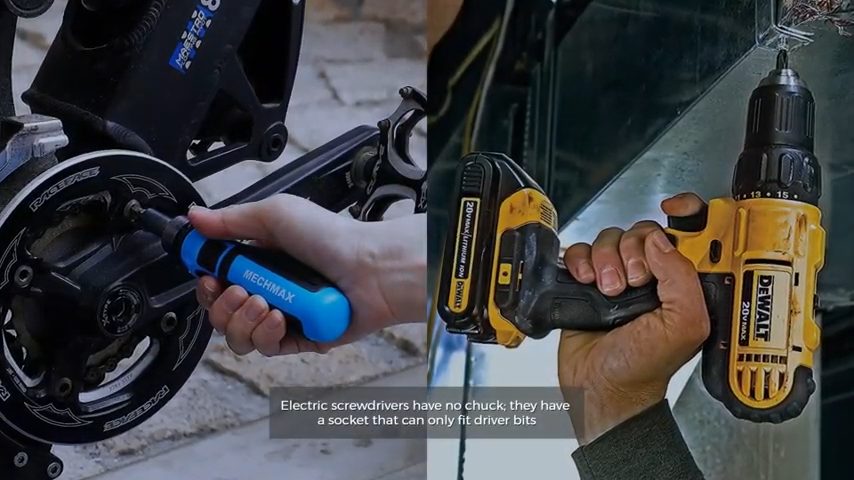
Screwdrivers are made to operate at much lower RPMs, making them far more controllable.
They also have significantly more torque than an electric drill. I’ve often driven screws into the wood without predrilling using the screwdriver’s high torque.
Torque limiters on good screwdrivers allow you to set a maximum torque. Set the cut-off where you want it. Then, when the screw is completely driven, the limiter kicks in instead of snapping the head off the screw.
When Can You Drill a Screw with a Manual Screwdriver Rather Than a Drill or Driver?
When you have the strength to turn it and a screwdriver with a fully intact blade to do the job.
There are a few more situations where a manual screwdriver would be preferable to a drill.
Suppose the screw head has a regular slot. If you use a drill, the bit will most likely skip in and out of the screw head whenever it encounters resistance. You need the dexterity and deft touch that only a human-powered screwdriver can provide, or else you’ll strip the screw head.
Take a look at some of our related articles below.
Video References
Catus Maximus
Next Level Gadgets
